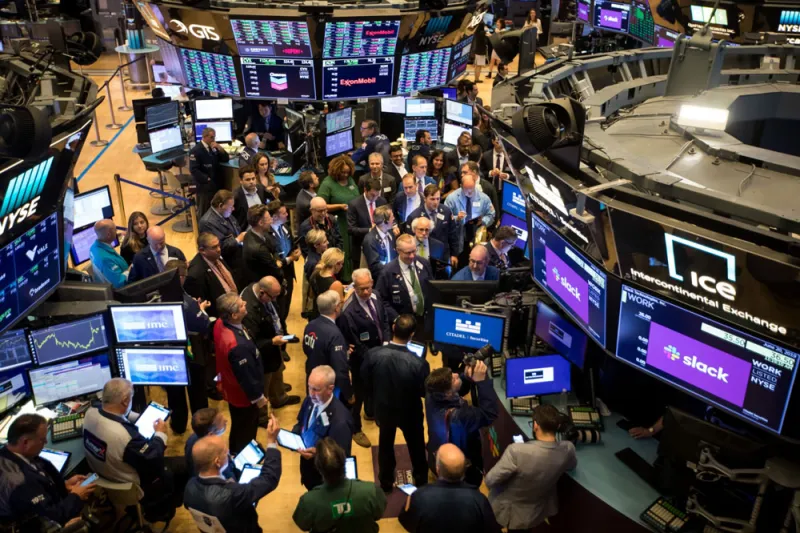The tech industry is a “house of cards” that is collapsing in on itself, according to short seller Nate Koppikar, whose Orso Partners bet against tech stocks to earn an estimated 85 percent during the first half of 2022.
The crash in tech names in recent months has led these companies to lay off people in droves, but that isn’t going to save them, Koppikar told investors in Orso’s recent quarterly letter. Indeed, he argued that a decline in staffing levels could make the companies’ fortunes even worse.
“Employment has been a key driver of the bull case on tech revenues over the past few years. Each tech employee represents a seat, and a seat is what drives tech software revenue,” he explained.
Koppikar’s view may sound counterintuitive — layoffs will reduce the companies’ costs, of course, and potentially help margins. But, he told investors in the letter, “Tech, unlike other sectors, disproportionately sells to itself.”
Orso, which is based in San Francisco, has been short tech names for over a year.
With tech companies announcing layoffs on an almost daily basis, Koppikar argued that the “the more job cuts that come, the worse off the industry will be. Like with any gold rush, it is the surge in population/employment that creates the economic boom.”
One example he cited is DocuSign. “At peak, DocuSign was valued at around $50 billion,” he wrote, arguing that the company “quite literally should have been a basic feature in Adobe PDF.” The company employed 8,000 people at its peak, leading Koppikar to wonder: “What in the world could these 8,000 people be doing all day? Selling DocuSign? Making coding adjustments to a well-established piece of software? Playing ping pong?”
Koppikar said DocuSign had been “one of our favorite short ideas,” calling its market cap “obviously silly.”
“The writing was on the wall that DocuSign had over-earned during the pandemic due to social distancing complicating physical signatures,” he wrote. (Orso is no longer short the stock, with Koppikar noting that “tech has become crowded on the short side.”)
Shares in DocuSign, which went public in 2018, have fallen about 60 percent this year — similar to a lot of other upstart tech companies. Koppikar argued that DocuSign is “part of a broader ecosystem of ‘picks and shovels’ used by other players in the tech industry.”
“The explosive growth in tech employment has been positive for the entire industry,” he explained, but once it begins to decline, “earnings revisions will remain negative for the tech sector until the employment stabilizes.”
Venture capital investments have been part of the problem, according to Koppikar, because they are “an incredible money multiplier for the tech industry because a) the money stays in the system, and b) the VC backers tolerate losses at individual companies, allowing a dollar to go farther than its intrinsic worth as long as the dollars keep flowing in. Of course, this money multiplier is predicated on the money flows going in the same direction — and consistently increasing.”
“The circularity goes beyond VC investments,” he added. “Today major tech companies incubate their own customers at a pace and scale not seen in any other industry.”
That’s why he argued that tech “revenues and cash flows are built on a house of cards in which customers and suppliers are trading revenues back-and-forth amongst one another.” Small companies have “money-losing business models,” while the larger ones “extract high rents from the smaller companies and generate strong profits in the process (e.g. AWS).” — something that “slowly” kills the smaller companies, he said.
Koppikar said Orso’s sizzling performance this year — in the second quarter alone it was up an estimated 48 percent net — is testament to the fact that “realities” are taking precedence over the “stories” rewarded during the 2020-2021 market environment. “From our vantage point it appears the adults are starting to regain control of markets,” he wrote. “We have played offense this year and expect to continue playing offense.”
Added Koppikar: “We have for some time now believed that the tech industry is likely to see very hard days ahead, and our view remains firm.”







